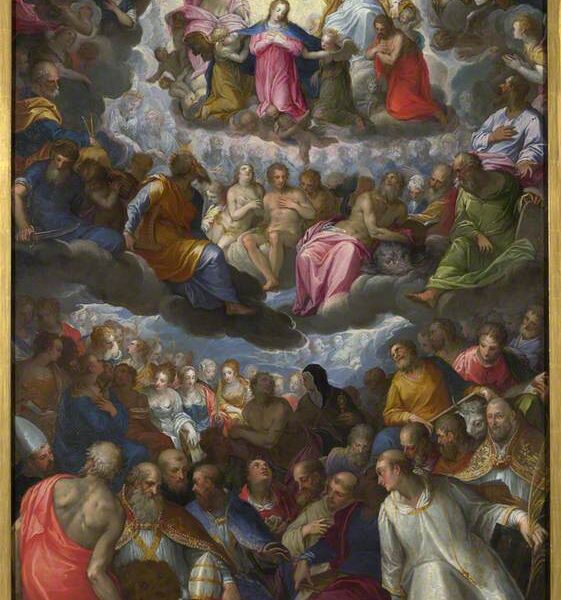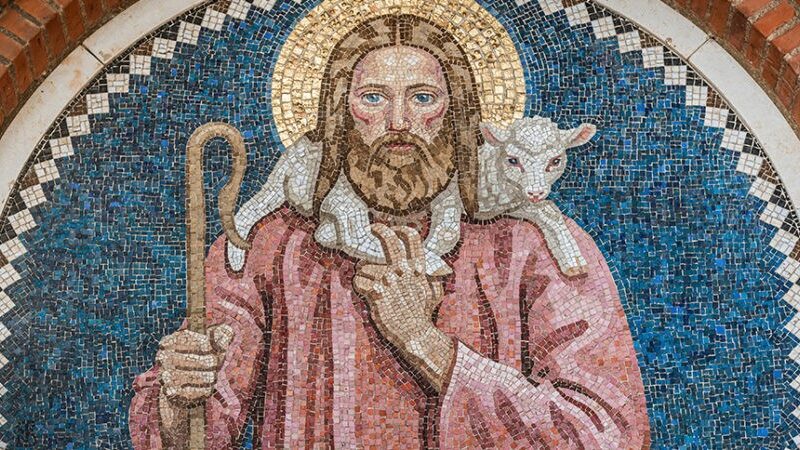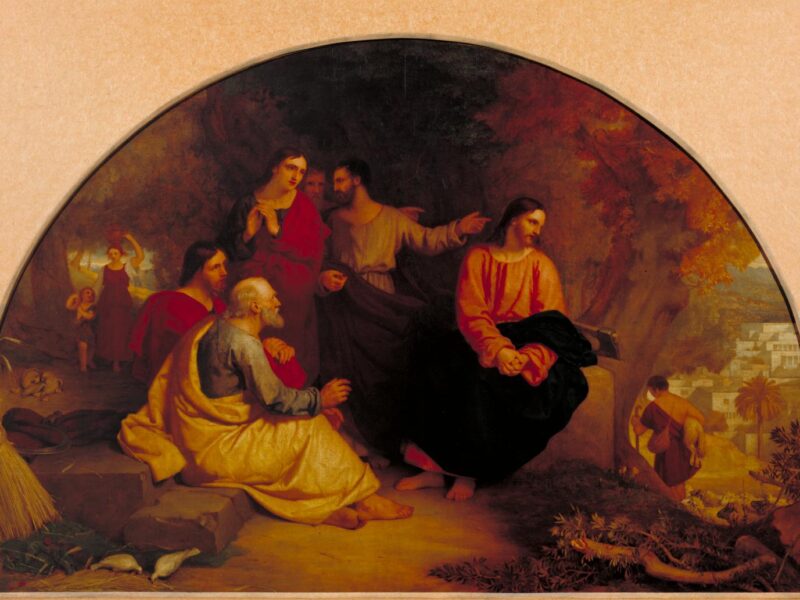
Spiritual notes from a small island….. St. Aelred of Rievaulx – ‘Spiritual Friendship’
3.73k

St. Aelred was born in Hexham in the North East of England in 1110. He came from a family whose members were noted for their learning, and had noble ties. Aelred was educated at the court of King David I of
Monastic life has at its heart a tension, between the eremitical dimension and community life. Each monk is in some sense a loner, a solitary. But nevertheless, he lives in community, in relation to others. This reality has important lessons for all of us. We are all unique individuals, but we must also relate to others. So often, modern ‘spirituality’ emphasises the individual and his or her lone quest for God. But the search for God is one which requires relations with others. Aelred’s Spiritual Friendship is about this very thing – the role of friendship in the search for God.
The dialogue structure of Spiritual Friendship immediately shows the importance of others in the spiritual life. Modeled on Cicero’s De Amicitia, Aelred presents a dialogue between himself and other monks, whom he considers his friends. It starts as a dialogue between Aelred and Ivo, with a third, Christ, present with them. They aim to learn about friendship from a friend, and in the presence of Christ, who calls us friends. The dialogue shows a process of mutual discovery. The two friends identify that there are different levels of friendship. There are friendships based solely on sense pleasure, which is the lowest kind. There are also friendships based on temporal advantage and possessions. The highest level of friendship is based on Christ’s New Commandment of love, a ‘spiritual friendship’ attained through conforming to Christ by wholesome interaction, without thought of gain. This kind of friendship is important because it is humanising, and raises the two friends to love of God through their love for each other
So we can see that in Aelred’s thought, the moral life is central to the life with God and others. True friendship must involve a mutual striving for perfection, for harmony with each other and for union with God. The two friends selflessly support each other. This means that we must discern carefully who should be our friend. The growth in friendship is gradual, and we should be prudent in deciding who will be given access to our innermost thoughts. Vicious tendencies in either party will always be an obstacle to true friendship.
The five vices Aelred thinks are most destructive are slander, reproach, pride, betrayal of confidence and detraction. Unless both parties are perfect, these vices will inevitably show themselves. However, they can be overcome if there is repentance and a purpose of amendment. Those who are quick to anger, the fickle, and those who are overly suspicious of others will struggle to find true friendship unless they are able to amend their ways. True friends treat each other with a Christ-like gentleness and sympathy. They are constant in their love, frank, and congenial. When the friendship has these characteristics, it can be said to be a true friendship, a ‘spiritual friendship’, one which builds up both parties and helps them journey towards God.
Aelred’s ideas are a challenge to many modern concepts of the spiritual life. If we are to grow towards being united with God, we must grow and develop in our relationships with others. It is not simply about ‘me and God’, to the exclusion of the other. The spiritual and the moral are intertwined, and we cannot have spiritual growth if we do not develop in the way that we relate to others. We need constantly to examine our relationships with others, and if necessary, be prepared to modify them so that they really are paths towards union with God.
Sorry, the comment form is closed at this time.



A Website Visitor
Very interesting article. Not easy to find such a friend but would be very rewarding and fulfilling.